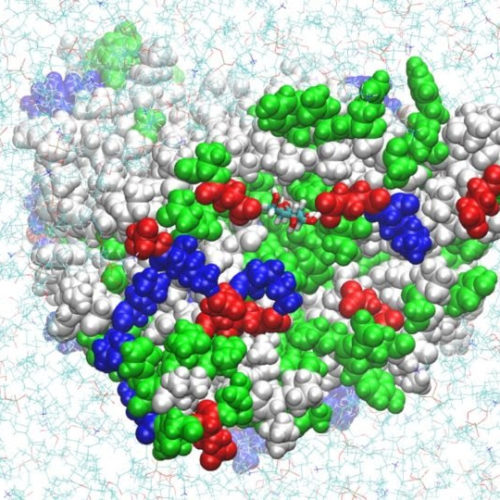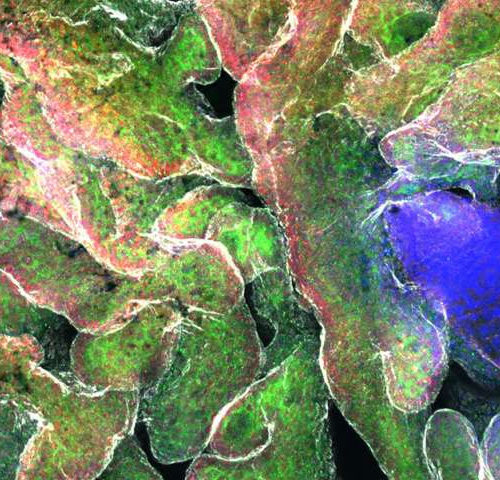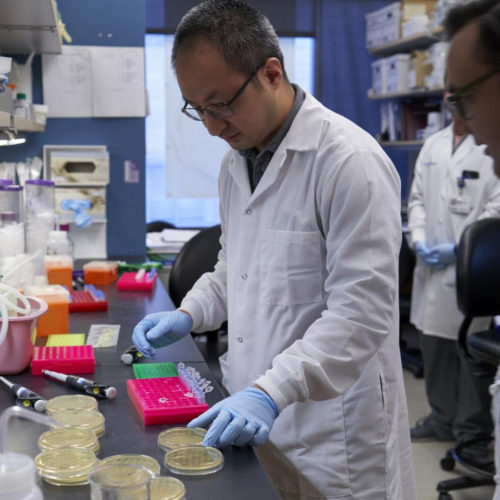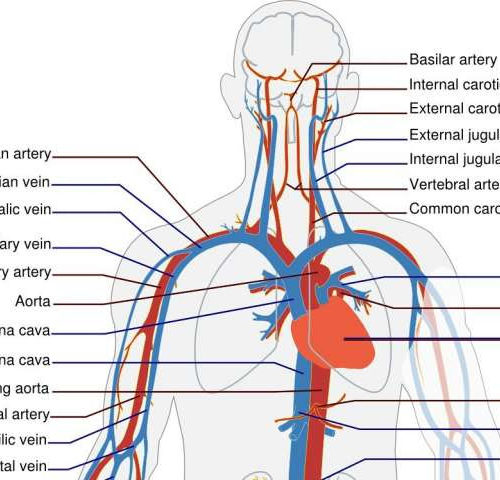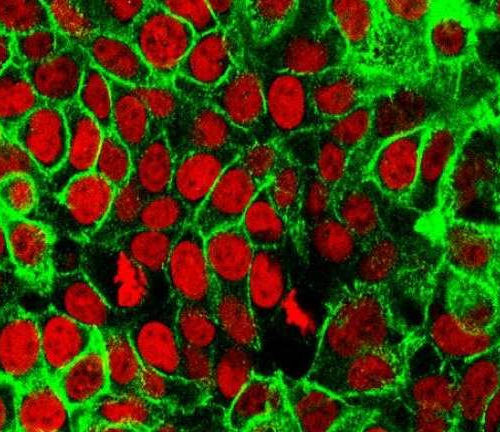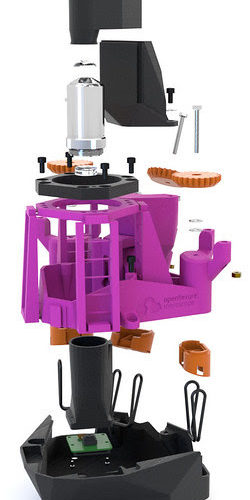This news or article is intended for readers with certain scientific or professional knowledge in the field. Some of the most essential processes on the planet involves water and energy entering and leaving cells. The cellular doormen responsible for this access are known as aquaporins and glucose transporters, two families of proteins that facilitate the...
Tag: <span>collaborators</span>
How mechanical forces nudge tumors toward malignancy
by Katherine Fenz, Rockefeller University Epidermal stem cells (green) form small bud-shaped structures that later become tumors. Credit: Laboratory of Cell Biology and Development at The Rockefeller University All cancers are the result of cells that have gone haywire, multiplying out of control and expanding beyond their normal constraints. But not all tumors are the...
Preliminary study of 300+ COVID-19 patients suggests convalescent plasma therapy effective
American Journal of Pathology publishes efficacy results from Houston Methodist clinical trial HOUSTON METHODIST HOUSTON METHODIST PHYSICIAN SCIENTIST ERIC SALAZAR, MD, PHD, LOOKS ON AS HIS TEAM WORKS IN THE LAB ON CONVALESCENT PLASMA RESEARCH. view more CREDIT: HOUSTON METHODIST HOUSTON-(Aug. 12, 2020) – A preliminary analysis of an ongoing study of more than 300...
New, more infectious strain of COVID-19 now dominates global cases of virus
Researchers have shown that a variation in the viral genome of Covid-19 improved its ability to infect human cells and helped it become the dominant strain circulating around the world today. The study, published today in the journal Cell, shows the variation is more infectious in cell cultures under laboratory conditions. The variant, named ‘D614G’,...
New treatment discovery for vascular disorder
by Centenary Institute Researchers from the Centenary Institute have discovered a potential new therapy for cerebral cavernous malformations (CCMs), a devastating disease that often affects young people and can result in stroke and seizures. Using mouse models, the researchers found that use of the drug, CD5-2 helped normalize the vascular disorders, and inhibited the development...
Blood test to monitor cancer up to 10 times more sensitive than current methods
by University of Cambridge A new method of analyzing cancer patients’ blood for evidence of the disease could be up to ten times more sensitive than previous methods according to new research led by the University of Cambridge. In the coming years, this method and others based on this approach could lead to tests that...
Researchers discover new member of novel drug family for ‘undruggable’ targets
by Nicole Davis, Broad Institute of MIT and Harvard In the last several years, excitement has surged for a promising class of drugs that work not by inhibiting the action of a molecular target, as most conventional drugs do, but instead by harnessing the cell’s recycling system to destroy the target. However, these unusual compounds,...
Environmental pollutant in drinking water is more dangerous than previously understood
New research reveals environmental pollutant in drinking water is more dangerous than previously understood. Vanderbilt researchers have discovered that perchlorate, an environmental pollutant found in many sources of drinking water in the U.S., inhibits the uptake of iodide, an essential component of thyroid hormones, in a more pronounced and fundamental way than commonly considered. This...
Promising study by Texas A&M scientists offers hope for Menkes disease patients
A Texas A&M AgriLife Research team has good news for patients with copper-deficiency disorders, especially young children diagnosed with Menkes disease. A team led by James Sacchettini, Ph.D. professor and Welch Chair of Science, and Vishal Gohil, Ph.D., associate professor, both from the Department of Biochemistry and Biophysics at Texas A&M University, published a paper...
3D Printed Microscope Costs as Little as $18
CONN HASTINGS DIAGNOSTICS, EDUCATION, MATERIALS, PATHOLOGY Researchers at the University of Bath in the UK have developed a 3D-printed microscope design, called OpenFlexure, which is open-source and can be assembled for as little as $18. More complex versions of the design are possible, and the microscope can incorporate full automation and a Raspberry Pi computer....
- 1
- 2

